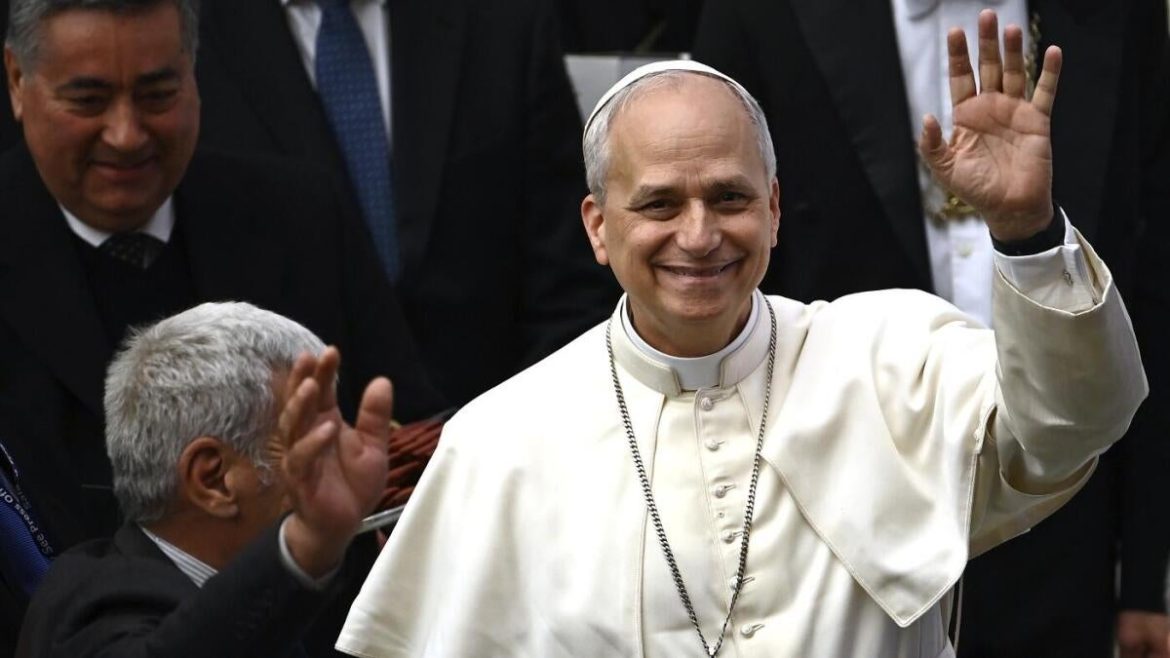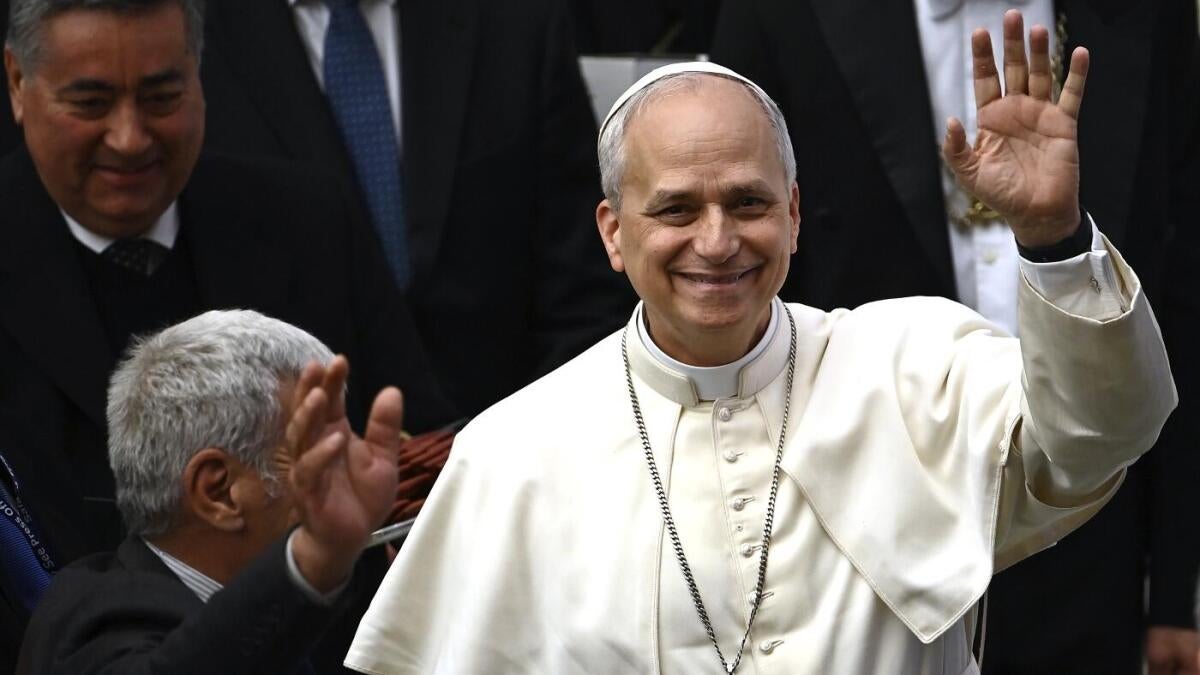The Great Baseball Debate: Pope Leo XIV and His Chicago Roots
The election of Pope Leo XIV, a Chicago native, sparked an unusual debate among baseball fans and Catholics alike. The question on everyone’s mind was not about his papacy or theological views, but rather, a more localized query: “White Sox or Cubs?” This question, rooted in the deep-seated rivalry between the two Chicago baseball teams, became a focal point of public interest and media coverage.
The Initial Speculation and Claims
As soon as the news of Pope Leo XIV’s election broke, both the Chicago Cubs and the Chicago White Sox were quick to claim him as their own. The Cubs, in particular, were swift to congratulate the new pontiff with a social media post featuring Wrigley Field’s iconic sign. However, this claim was met with immediate skepticism from the Pope’s brother, John Prevost, who promptly set the record straight.
The Brother’s Revelation
John Prevost, in an interview with WGN, clarified that his brother, Robert Prevost (now Pope Leo XIV), was indeed a White Sox fan. He mentioned that their household was divided between Cubs and Cardinals fans, with their mother being a Cubs supporter and their father rooting for the St. Louis Cardinals. Despite this split, Robert Prevost’s allegiance was firmly with the White Sox.
The Public Reaction
The revelation that Pope Leo XIV was a White Sox fan was met with a mix of enthusiasm and disappointment among Chicagoans. For White Sox fans, it was a moment of pride, knowing that their favorite team had one of the most influential figures in the world as a supporter. The White Sox organization even sent a jersey and hat to the Vatican as a gesture of appreciation.
For Cubs fans, however, the news was a bit of a letdown. Many had hoped that the new pope would align with their team, given the historical and cultural significance of the Cubs in Chicago. The Cubs’ claim was quickly disputed, and the team had to acknowledge the truth, albeit grudgingly.
The Significance of the Revelation
The debate over Pope Leo XIV’s baseball allegiance highlights the deep-seated passion and rivalry between the Cubs and White Sox fans. It also underscores the unique intersection of sports and religion in American culture. For many Chicagoans, baseball is more than just a game; it’s a way of life, and the choice between the Cubs and White Sox is a matter of personal identity and heritage.
The Impact on the White Sox
For the Chicago White Sox, having Pope Leo XIV as a fan is a significant boost. The team, which has faced numerous challenges in recent years, can now leverage this unique connection to engage with fans and attract new supporters. The White Sox have already begun embracing the occasion, using it as a marketing opportunity to connect with their fan base and the broader public.
The Impact on the Cubs
The Cubs, on the other hand, have had to grapple with the reality that their claim to Pope Leo XIV was unfounded. While this may be a temporary setback, it also provides an opportunity for the Cubs to reflect on their own fan base and the importance of authenticity in their branding and marketing efforts.
The Greater Picture
Beyond the immediate impact on the two teams, the debate over Pope Leo XIV’s baseball allegiance serves as a reminder of the power of sports to unite and divide communities. It also highlights the enduring influence of religion and sports in shaping cultural narratives and identities.
The Final Word
The revelation that Pope Leo XIV is a White Sox fan has settled a contentious debate and provided a unique moment of connection between the Vatican and the world of sports. For Chicagoans, it’s a reminder of the deep-seated rivalries and passions that define their city. For the rest of the world, it’s a testament to the enduring power of sports to captivate and inspire.
Conclusion: A Victory for the White Sox
In the end, the White Sox emerge as the victors in this unusual debate. Pope Leo XIV’s allegiance to the team has not only brought pride to the White Sox fan base but also provided a unique opportunity for the team to engage with a global audience. The Cubs, while disappointed, have an opportunity to reflect and reconnect with their own fan base. Ultimately, the debate serves as a reminder of the deep-seated passions and rivalries that define Chicago’s sports culture.





